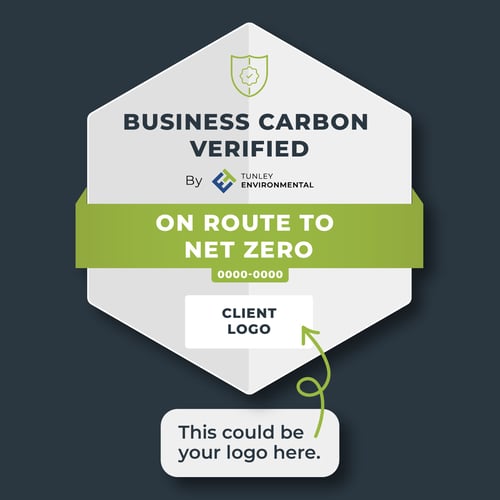C-biotech Case Study
To measure the environmental impact of their C-Hemp Sandwich Insulation Panel.

C-biotech are a leading company specialising in innovative bio-technological solutions. By using industrial hemp to aid in carbon capture, clean polluted soils and providing bio-based materials for a circular economy. C-biotech already knew that their C-Hemp Sandwich Insulation Panel was carbon negative, however, they wanted to quantify how sustainable their product is and learn new ways to make it even more sustainable from the assessment outcomes.
Tunley Environmental conducted a Lifecycle Carbon Assessment which adhered to the ISO 14067 standard and assessed everything from cradle-to-gate. Sustainability Scientist, Dr Lara Dresser conducted the assessment and the fossil emissions for one sandwich panel were quantified at 67.3 kg CO2e and for total emissions including biogenic uptake, the results were -22.7 kg CO2e.
During this assessment, C-biotech's Insulation Panel was compared to similar insulation panels to further quantify their sustainability credentials. The lifecycle carbon emissions of similar panels was typically between 10-60 kgCO2e/m2, whereas the calculated emissions for C-Biotech's C-Hemp Sandwich Insulation Panel was -7.6 kgCO2e/m2 when biogenic uptake was taken into account. This result means that their insulation panel actually removes CO2e from the atmosphere, this is due to the uptake of CO2e from the atmosphere by hemp and the recycling of the whole panel at the end-of-life.
By conducting this assessment, C-biotech have been provided with the knowledge they need to contribute to their overall mission, 'to turn the construction sector from a carbon emitter into a carbon sink.' With results that are scientifically backed, they now have the data to quantify that their product is carbon negative and what they can do to make it even more sustainable going forward.
Tunley would like to thank C-biotech for taking part in this case study, and it was another successful outcome for all involved. We hope to support them further on their sustainability journey.



